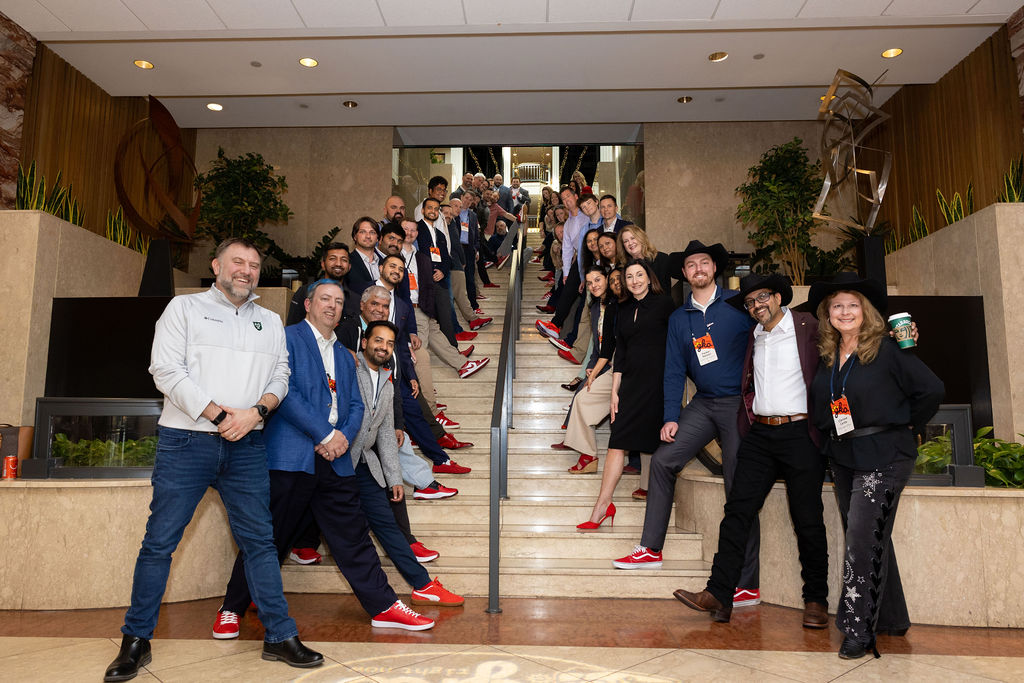Trending research + insights
Filters
Oh no! There are no exact matches for your search results
See similar results below, or try adjusting your filters.


Article
Trust at the Speed of AI: Customer Takeaways from our Global Kickoff
February 17, 20266 minutes read time

Article
Pindrop and NiCE Partner for Native Voice Authentication and Fraud Detection in CXone
January 23, 20265 minutes read time
Case Studies
View all
Case study
One Year Later: Michigan State University Federal Credit Union Minimizes Fraud Exposure by Millions
December 1, 20257 minutes read time

Case study
Fortune 500 Insurer Detects 97% of Deepfakes and Stops Synthetic Voice Attacks with Pindrop® Pulse
September 26, 202514 minutes read time

Case study
Pindrop® Pulse Helps Leading U.S. Insurer Protect Against AI Threats
September 24, 202511 minutes read time
















